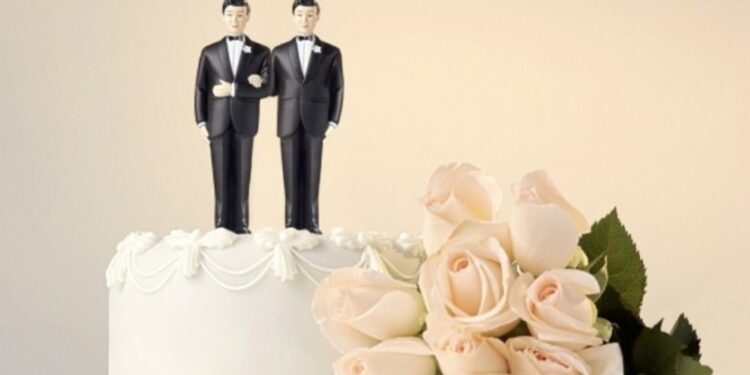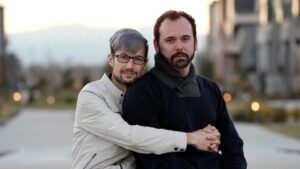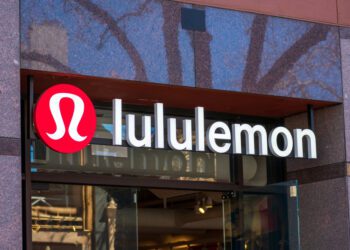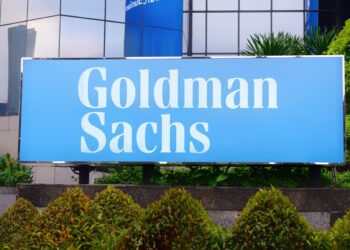The much-talked-about case raised debate over the right to discriminate on religious grounds.
The U.S. Supreme Court on Monday handed a victory to a Colorado Christian baker who refused for religious reasons to make a wedding cake for a gay couple.
The ruling however stopped short of setting a major precedent allowing people to claim exemptions from anti-discrimination laws based on religious beliefs.
David Mullins and Charlie Craig were planning their wedding in Massachusetts in 2012 and wanted the cake for a reception in Colorado, where gay marriage was not yet legal. During a brief discussion at Phillips’ Masterpiece Cakeshop in Denver, the baker politely but firmly refused, leaving the couple upset.
They filed a successful complaint with the state civil rights commission, the first step in a six-year legal battle. State courts sided with the couple, prompting Phillips to appeal to the top U.S. court. He has said a backlash against his business has left him struggling to keep his store open.
The justices, in a 7-2 decision, said the Colorado Civil Rights Commission showed an impermissible hostility toward religion when it found that baker Jack Phillips violated the state’s anti-discrimination law by rebuffing gay couple Mullins and Craig in 2012.
The ruling concluded that the commission violated Phillips’ religious rights under the U.S. Constitution’s First Amendment.
But the justices did not issue a definitive ruling on the circumstances under which people can seek exemptions from anti-discrimination laws based on their religious views.
The decision also did not address important claims raised in the case including whether baking a cake is a kind of expressive act protected by the Constitution’s free speech guarantee.
Two of the court’s four liberals, Stephen Breyer and Elena Kagan, joined the five conservative justices in the ruling authored by Justice Anthony Kennedy, who also was the author of the landmark 2015 decision legalizing gay marriage nationwide.
“The commission’s hostility was inconsistent with the First Amendment’s guarantee that our laws be applied in a manner that is neutral toward religion,” Kennedy wrote.
But Kennedy also stressed the importance of gay rights while noting that litigation on similar issues is likely to continue in lower courts.
“Our society has come to the recognition that gay persons and gay couples cannot be treated as social outcasts or as inferior in dignity and worth,” Kennedy said.
The case became a cultural flashpoint in the United States, underscoring the tensions between gay rights proponents and conservative Christians.













